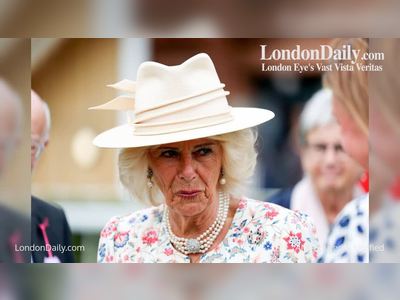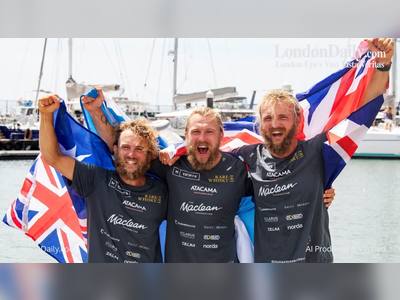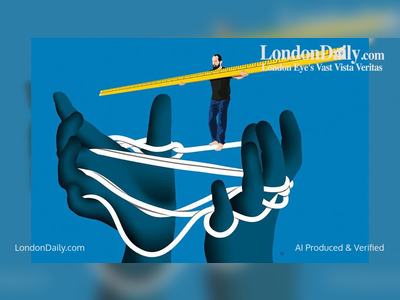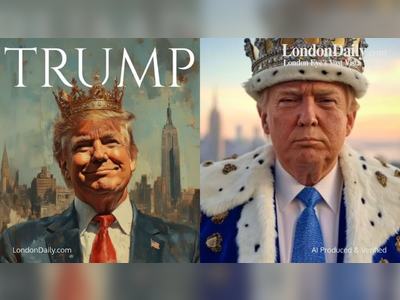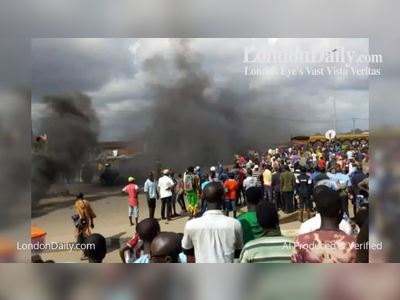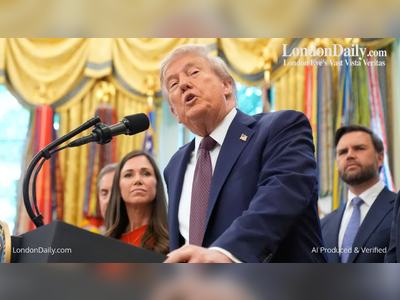Putin Celebrates ‘Unprecedentedly High’ Ties with China as Gazprom Seals Power of Siberia-2 Deal
Leaders pledge strategic unity as Russia and China agree to build a new gas pipeline through Mongolia
During a high-profile visit to Beijing, Russian President Vladimir Putin described relations with China as being at an “unprecedentedly high level”, while state-owned gas giant Gazprom confirmed the signing of a legally binding memorandum to construct the long-awaited Power of Siberia-2 pipeline.
Putin and Chinese President Xi Jinping met in Beijing for bilateral talks, joined by Mongolia’s president in expressions of regional cooperation.
Putin invoked the shared history of wartime solidarity, calling it a foundation for modern strategic alignment.
Xi, calling Putin an “old friend”, emphasised the resilience of bilateral ties amid changing global dynamics and urged “major projects to drive cooperation.”
Gazprom and its Chinese counterpart, CNPC, signed the agreement in principle for the Power of Siberia-2 pipeline, projected to deliver fifty billion cubic metres of Russian natural gas per year via Mongolia, with early operations expected by the early decades of the next decade.
Until then, both parties agreed to expand existing gas supply by eight billion cubic metres annually, targeting an eventual total of fifty-six billion cubic metres.
A thirty-year supply contract will accompany the foundational deal, though key commercial specifics—such as pricing, financing mechanisms, and construction timelines—remain pending finalisation.
The announcement carries significant geopolitical weight.
It reinforces Russia’s eastward pivot amid diminished exports to Europe and highlights China’s growing influence in global energy markets.
Observers note that without pricing and delivery terms, the agreement is a statement of strategic intent rather than a fully formed contract.
Nevertheless, the agreement signals China’s readiness to deepen energy ties with Russia while managing dependencies.
The foreign dignitaries, including Russia’s Putin, further underscored the event’s global significance as leaders consolidating an alternative to the traditional Western-led order.
The presentation of mutual strength aligns with both countries’ broader ambitions to shape a multipolar global governance framework.
Putin and Chinese President Xi Jinping met in Beijing for bilateral talks, joined by Mongolia’s president in expressions of regional cooperation.
Putin invoked the shared history of wartime solidarity, calling it a foundation for modern strategic alignment.
Xi, calling Putin an “old friend”, emphasised the resilience of bilateral ties amid changing global dynamics and urged “major projects to drive cooperation.”
Gazprom and its Chinese counterpart, CNPC, signed the agreement in principle for the Power of Siberia-2 pipeline, projected to deliver fifty billion cubic metres of Russian natural gas per year via Mongolia, with early operations expected by the early decades of the next decade.
Until then, both parties agreed to expand existing gas supply by eight billion cubic metres annually, targeting an eventual total of fifty-six billion cubic metres.
A thirty-year supply contract will accompany the foundational deal, though key commercial specifics—such as pricing, financing mechanisms, and construction timelines—remain pending finalisation.
The announcement carries significant geopolitical weight.
It reinforces Russia’s eastward pivot amid diminished exports to Europe and highlights China’s growing influence in global energy markets.
Observers note that without pricing and delivery terms, the agreement is a statement of strategic intent rather than a fully formed contract.
Nevertheless, the agreement signals China’s readiness to deepen energy ties with Russia while managing dependencies.
The foreign dignitaries, including Russia’s Putin, further underscored the event’s global significance as leaders consolidating an alternative to the traditional Western-led order.
The presentation of mutual strength aligns with both countries’ broader ambitions to shape a multipolar global governance framework.

